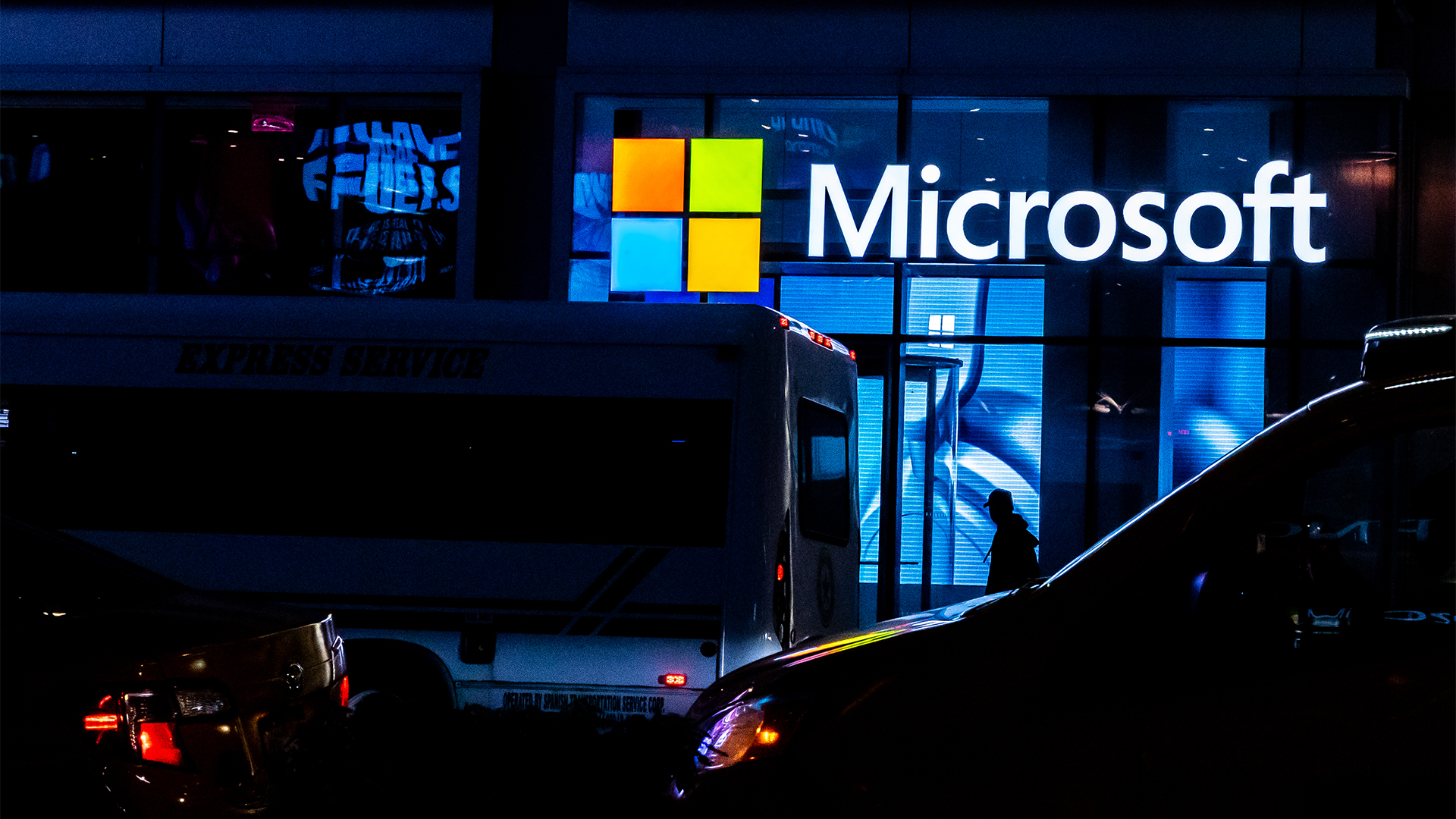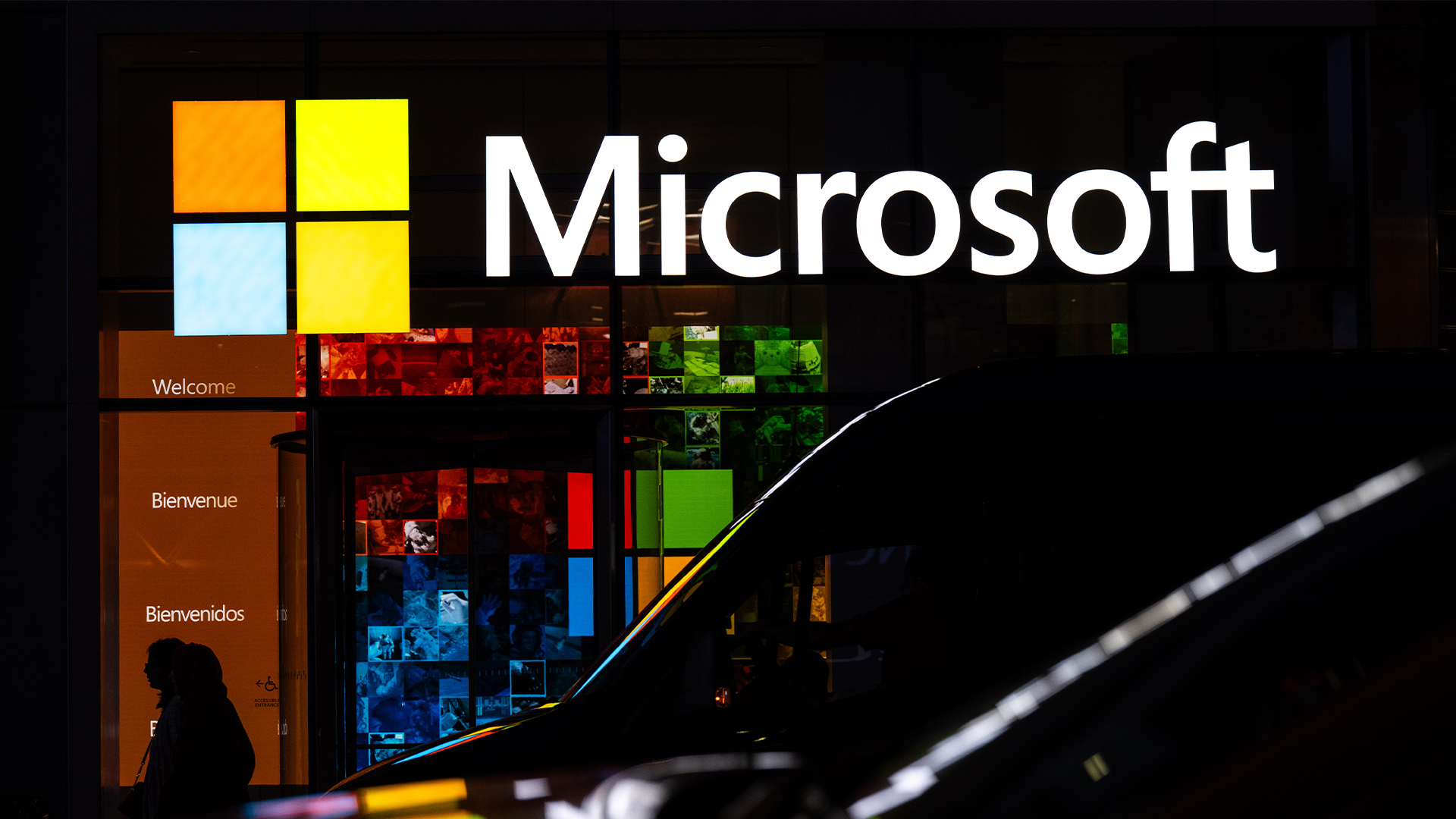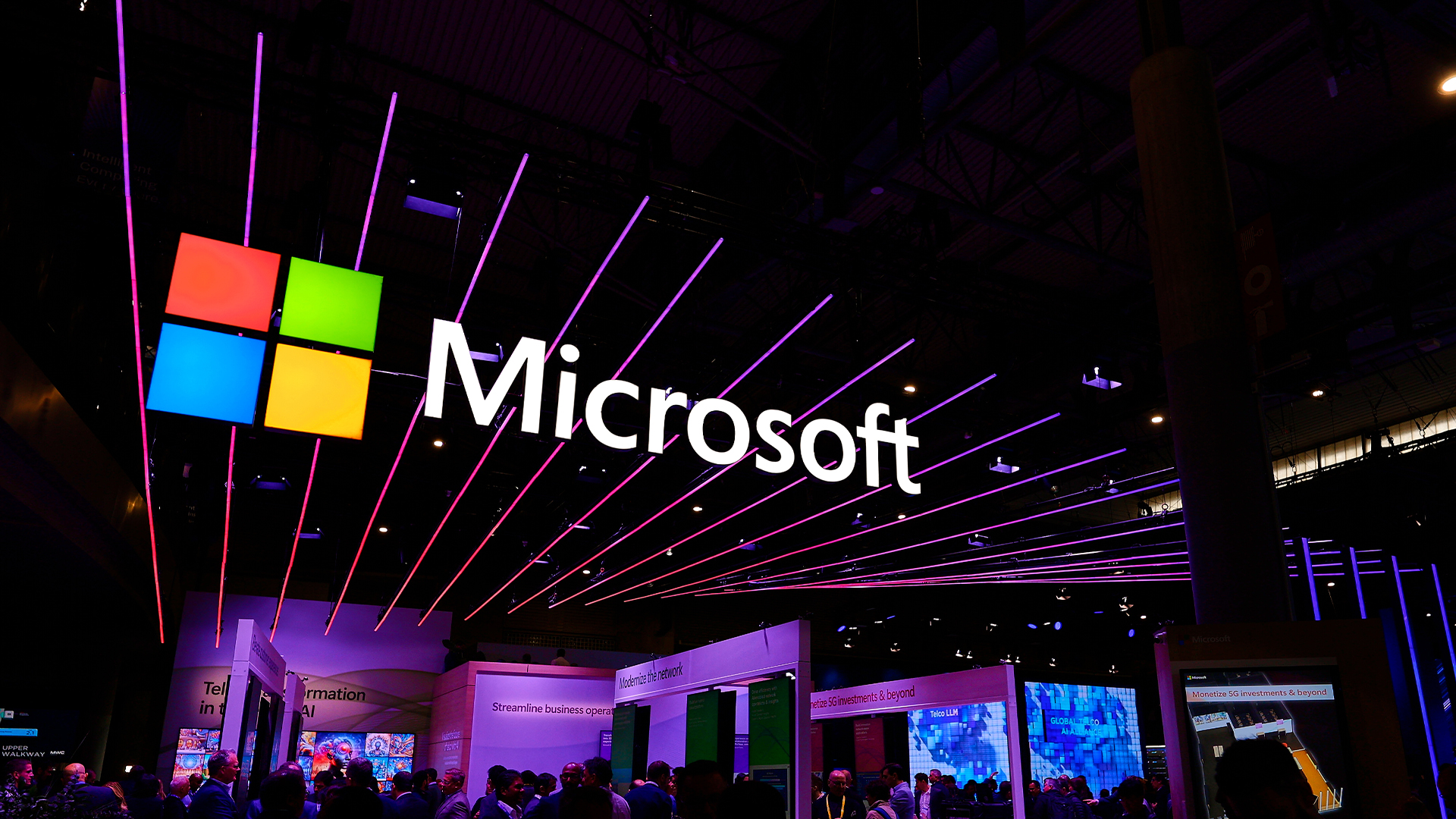Microsoft backtracks on Windows Recall feature amid industry outcry
Windows Recall has been met with hefty criticism since first being announced, forcing Microsoft to act


Sign up today and you will receive a free copy of our Future Focus 2025 report - the leading guidance on AI, cybersecurity and other IT challenges as per 700+ senior executives
You are now subscribed
Your newsletter sign-up was successful
Microsoft has announced changes to its controversial ‘Recall’ feature following a flood of criticism over potential security and data privacy risks.
In a post to the firm’s blog, Pavan Davuluri, VP for Windows and devices, shared an update after initially causing upset with the tool’s ability to screenshot potentially sensitive information.
“Even before making Recall available to customers, we have heard a clear signal that we can make it easier for people to choose to enable Recall on their Copilot+ PC and improve privacy and security safeguards,” Davuluri said.
To do this, Microsoft has said that it will give users a clearer opt-in choice which, unless proactively chosen, will render the tool turned off by default. Microsoft originally stated that the feature would be off by default.
Windows Hello enrollment will now be required to enable the feature, while proof of presence will be required to access the timelines and search features within Recall.
On top of that, Microsoft will be adding additional layers of data protection to the tool, such as “just in time” decryption which is protected by Windows Hello Enhanced Sign-in Security (ESS).
This means that images captured by Recall will only be decrypted and accessible when the user authenticates, while the search index database which helps power Recall will also be encrypted.
Sign up today and you will receive a free copy of our Future Focus 2025 report - the leading guidance on AI, cybersecurity and other IT challenges as per 700+ senior executives
“In line with Microsoft’s SFI principles, before the preview release of Recall to customers, we are taking steps to increase data protection,” Davuluri said.
Davuluri also stressed that the devices built with Recall, its new Copilot+ PCs, will be “secure by default” and fitted with firmware safeguards, chip-to-cloud security, and ESS.
Microsoft’s hand forced over Windows Recall
Windows Recall was first unveiled by Microsoft at its annual 'Build' conference in May, with the tech giant announcing the move alongside the launch of its new Copilot+ PC range.
Initially dubbed a “security nightmare” by Kevin Beaumont, director of emerging threats at the Arcadia Group, Microsoft has come under serious flack over Recall, with many in the cyber security community angry at the obvious risks.
While Beaumont stated that the feature will “undoubtedly lead to increased fraud,” the UK’s Information Commissioner's Office (ICO) announced that it was probing the matter further via inquiries with Microsoft.
RELATED WHITEPAPER

“Attackers continue to prove that initial access to a system is often the lesser challenge within the attack chain when compared to persistence, the elevation of privileges, and lateral movement,” Douglas McKee, Executive Director at SonicWall, told ITPro.
“Yet with Microsoft Recall, initial access is all that is needed to potentially steal sensitive information such as passwords or company trade secrets,” he added.

George Fitzmaurice is a former Staff Writer at ITPro and ChannelPro, with a particular interest in AI regulation, data legislation, and market development. After graduating from the University of Oxford with a degree in English Language and Literature, he undertook an internship at the New Statesman before starting at ITPro. Outside of the office, George is both an aspiring musician and an avid reader.
-
 Researchers call on password managers to beef up defenses
Researchers call on password managers to beef up defensesNews Analysts at ETH Zurich called for cryptographic standard improvements after a host of password managers were found lacking
-
 Is there a future for XR devices in business?
Is there a future for XR devices in business?In-depth From training to operations, lighter hardware and AI promise real ROI for XR – but only if businesses learn from past failures
-
 Microsoft patches six zero-days targeting Windows, Word, and more – here’s what you need to know
Microsoft patches six zero-days targeting Windows, Word, and more – here’s what you need to knowNews Patch Tuesday update targets large number of vulnerabilities already being used by attackers
-
 Thousands of Microsoft Teams users are being targeted in a new phishing campaign
Thousands of Microsoft Teams users are being targeted in a new phishing campaignNews Microsoft Teams users should be on the alert, according to researchers at Check Point
-
 Microsoft warns of rising AitM phishing attacks on energy sector
Microsoft warns of rising AitM phishing attacks on energy sectorNews The campaign abused SharePoint file sharing services to deliver phishing payloads and altered inbox rules to maintain persistence
-
 Microsoft just took down notorious cyber crime marketplace RedVDS – and found hackers were using ChatGPT and its own Copilot tool to wage attacks
Microsoft just took down notorious cyber crime marketplace RedVDS – and found hackers were using ChatGPT and its own Copilot tool to wage attacksNews Microsoft worked closely with law enforcement to take down the notorious RedVDS cyber crime service – and found tools like ChatGPT and its own Copilot were being used by hackers.
-
 These Microsoft Teams security features will be turned on by default this month – here's what admins need to know
These Microsoft Teams security features will be turned on by default this month – here's what admins need to knowNews From 12 January, weaponizable file type protection, malicious URL detection, and a system for reporting false positives will all be automatically activated.
-
 The Microsoft bug bounty program just got a big update — and even applies to third-party code
The Microsoft bug bounty program just got a big update — and even applies to third-party codeNews Microsoft is expanding its bug bounty program to cover all of its products, even those that haven't previously been covered by a bounty before and even third-party code.
-
 Microsoft Teams is getting a new location tracking feature that lets bosses snoop on staff – research shows it could cause workforce pushback
Microsoft Teams is getting a new location tracking feature that lets bosses snoop on staff – research shows it could cause workforce pushbackNews A new location tracking feature in Microsoft Teams will make it easier to keep tabs on your colleague's activities – and for your boss to know exactly where you are.
-
 Microsoft opens up Entra Agent ID preview with new AI features
Microsoft opens up Entra Agent ID preview with new AI featuresNews Microsoft Entra Agent ID aims to help manage influx of AI agents using existing tools